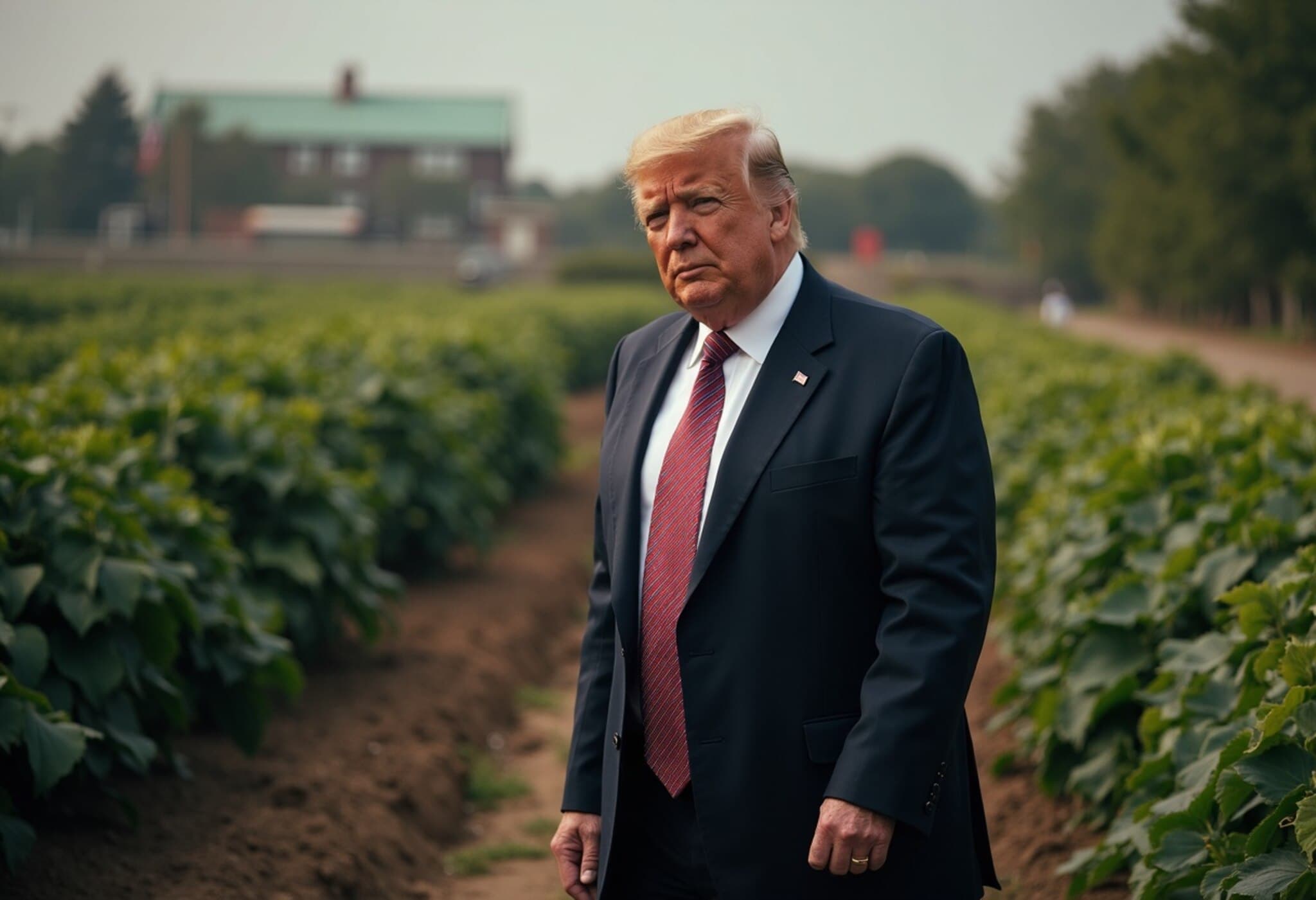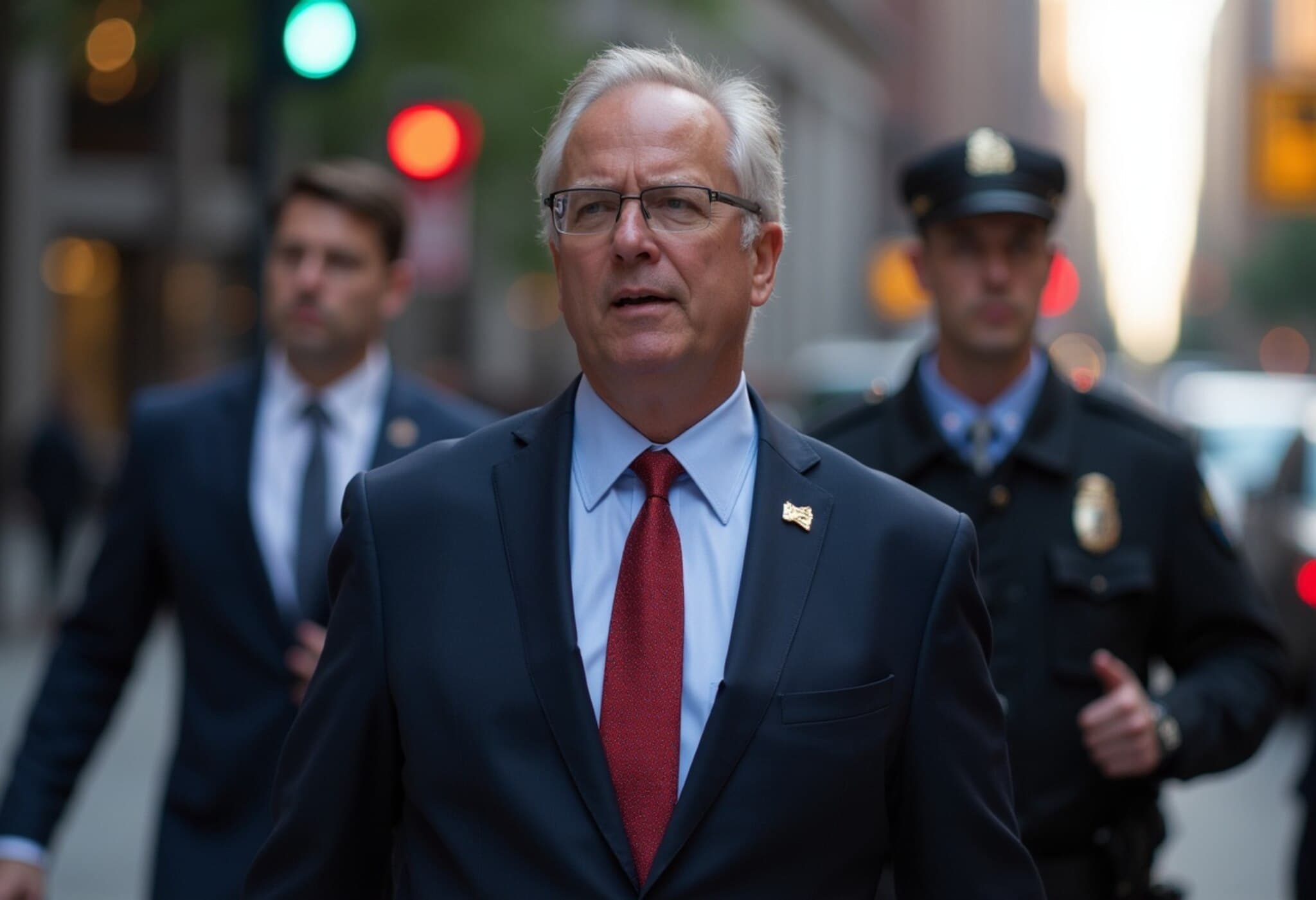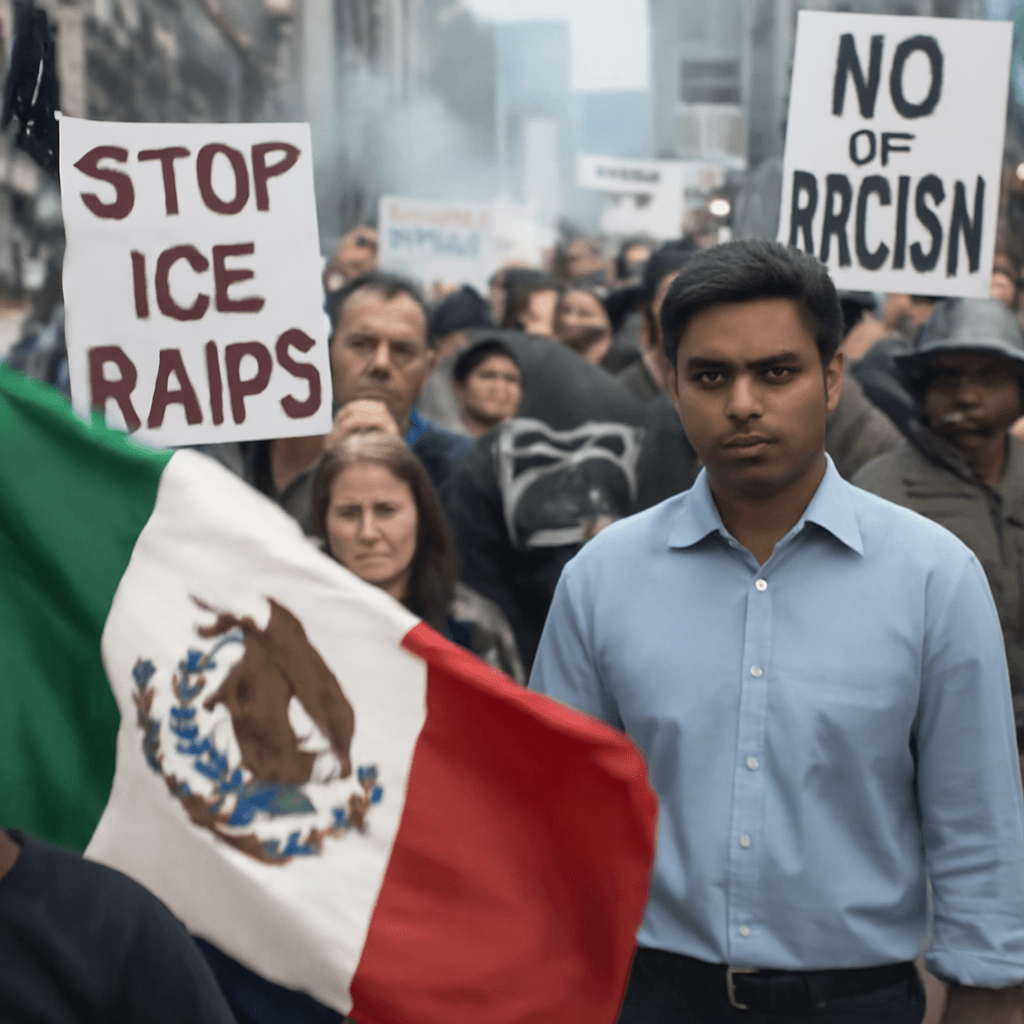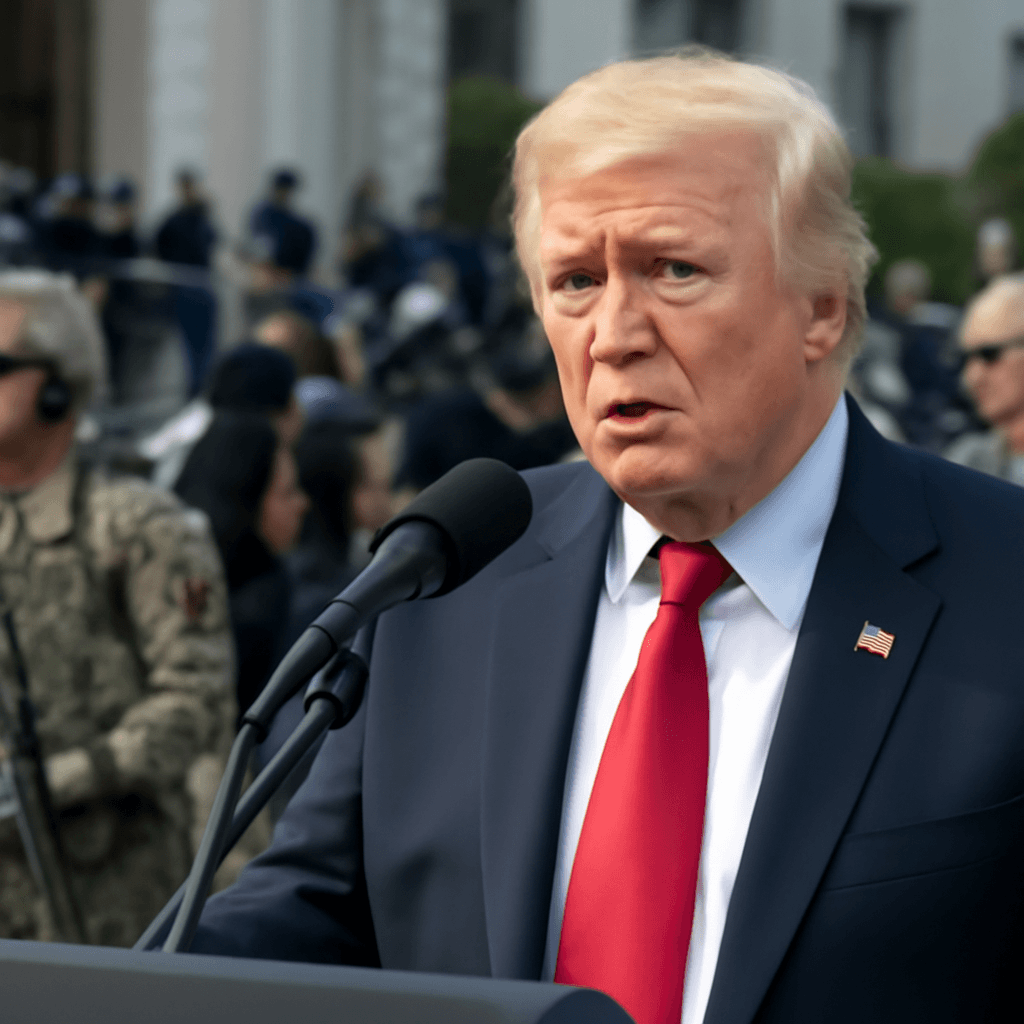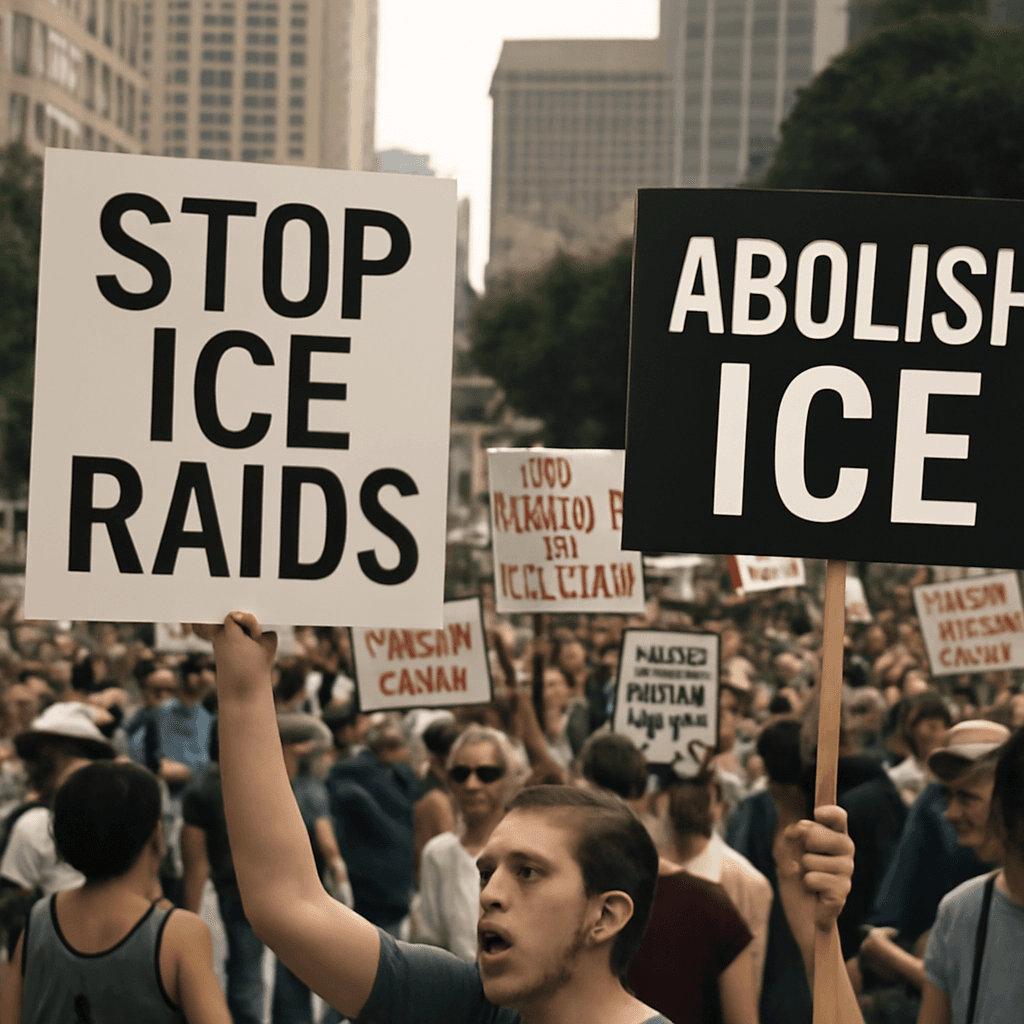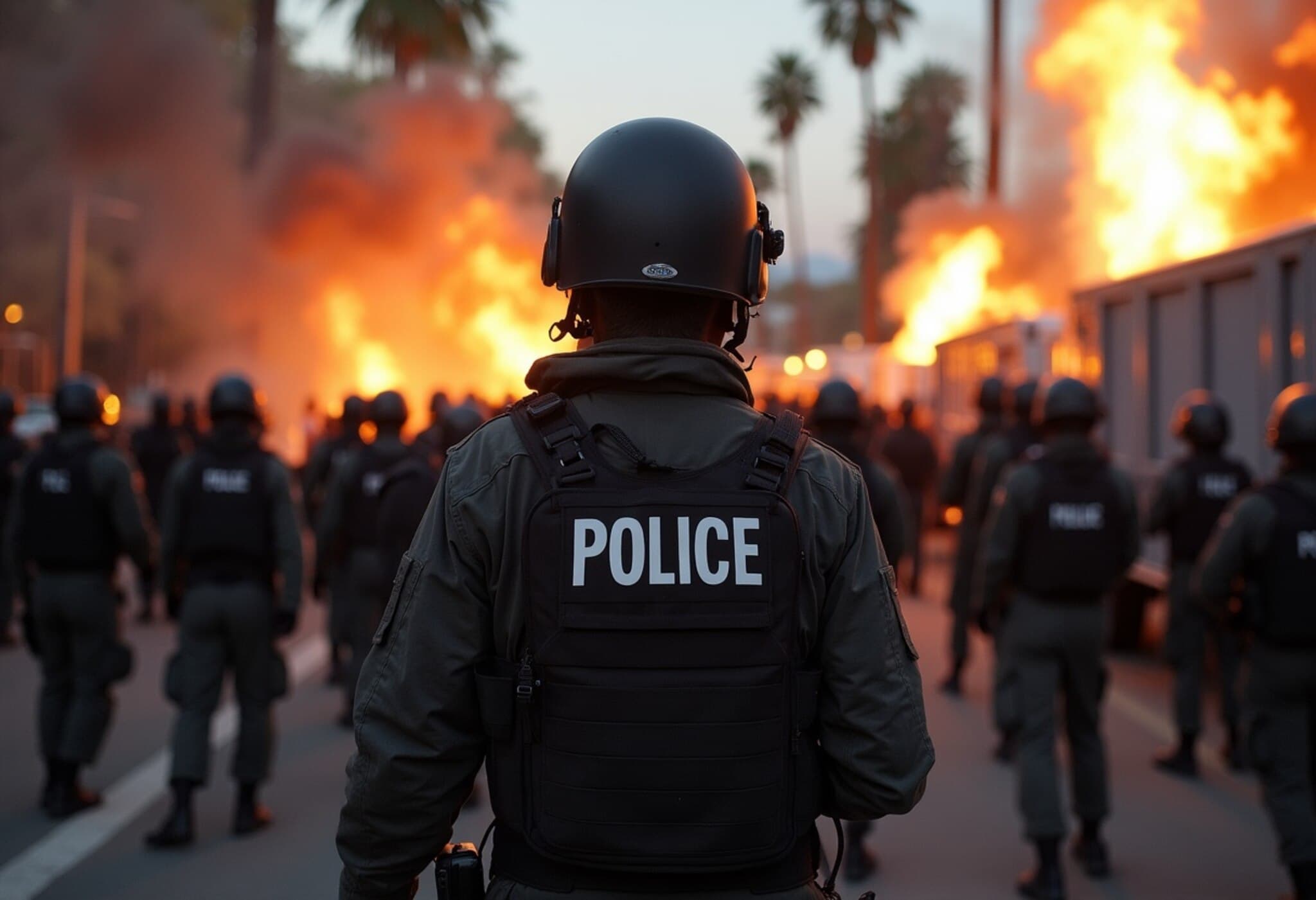Trump Considers Exemptions for Agriculture and Hospitality in Immigration Crackdown
In a surprising shift, President Donald Trump has indicated a willingness to exclude the farming and hotel sectors from his administration's widespread immigration enforcement efforts. This development follows mounting concerns from industry leaders who say immigration raids have led to the loss of long-standing immigrant workers and made it challenging to fill those positions.
Trump acknowledged the issue on social media, stating, "Our great Farmers and people in the Hotel and Leisure business have been stating that our very aggressive policy on immigration is taking very good, long time workers away from them, with those jobs being almost impossible to replace." He further emphasized the need to protect these workers while targeting criminal elements, saying, "We must protect our Farmers, but get the CRIMINALS OUT OF THE USA. Changes are coming!"
ICE Pauses Raids on Select Industries
The following day, a senior official from Immigration and Customs Enforcement (ICE) reportedly issued a directive to halt immigration raids at agricultural sites, meatpacking plants, restaurants, and hotels. Agents were instructed to focus on detaining undocumented immigrants with criminal records, while refraining from arrests of individuals without known criminal activity.
While the Department of Homeland Security has not formally contradicted this pause, its spokeswoman reiterated the administration’s commitment to removing the most dangerous criminal aliens from American streets.
Navigating a Political and Economic Crossroad
This pivot comes amid heightened tensions and protests following recent raids in Los Angeles, igniting nationwide anti-Trump demonstrations. Yet, Trump’s 2024 campaign repeatedly vowed mass deportations targeting a million people annually—the largest in U.S. history.
To achieve this ambitious figure, Deputy Chief of Staff Stephen Miller has called for daily ICE arrests to number at least 3,000. Experts warn that reaching such numbers would require intensified raids on major workplaces, including farms, meatpacking plants, hotels, and restaurants—precisely the sectors now reportedly being exempted.
Former officials note that industries with low-wage jobs, such as construction, meat processing, and carpet mills, yield the highest detainee counts. However, construction has seen relatively limited enforcement so far.
Industry Concerns and Employer Reactions
Meatpacking plants, notably reliant on immigrant labor due to the demanding nature of the work, have long faced scrutiny. For instance, a recent ICE raid at an Omaha slaughterhouse resulted in 80 undocumented workers arrested, though the company involved stated it is cooperating with authorities and faces no charges.
Lawyers representing major meatpackers in the Southeast reveal their clients are anxious, actively reviewing employee documentation to avoid penalties.
Meanwhile, the construction sector has reported fewer incidents, with only occasional raids such as one in Tallahassee. Industry representatives express optimism that the administration recognizes the severe labor shortage plaguing construction, which has contributed to rising costs and stalled development projects nationwide.
Experts argue that continued crackdowns without legal pathways for workers could worsen these shortages, urging for policies that allow temporary, lawful entry for construction laborers.
Debate Over Enforcement and Economic Impact
Supporters of stricter immigration enforcement insist that companies employing undocumented workers deserve consequences, citing fairness and economic costs passed to the public. Conversely, critics highlight the tension between ambitious deportation quotas and the practical needs of industries reliant on immigrant labor.
Some analysts predict that to maintain high arrest levels, ICE will inevitably target large corporations, including Fortune 500 firms.
Looking Ahead
This evolving stance on immigration enforcement underscores the complexity of balancing law enforcement goals with economic realities in key labor sectors. How the administration will reconcile these competing priorities remains a critical issue as the 2024 campaign advances and enforcement policies roll out.

